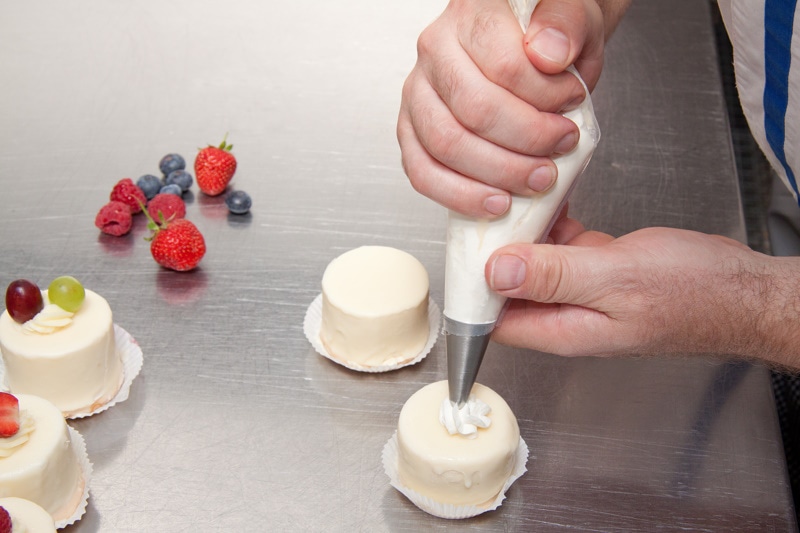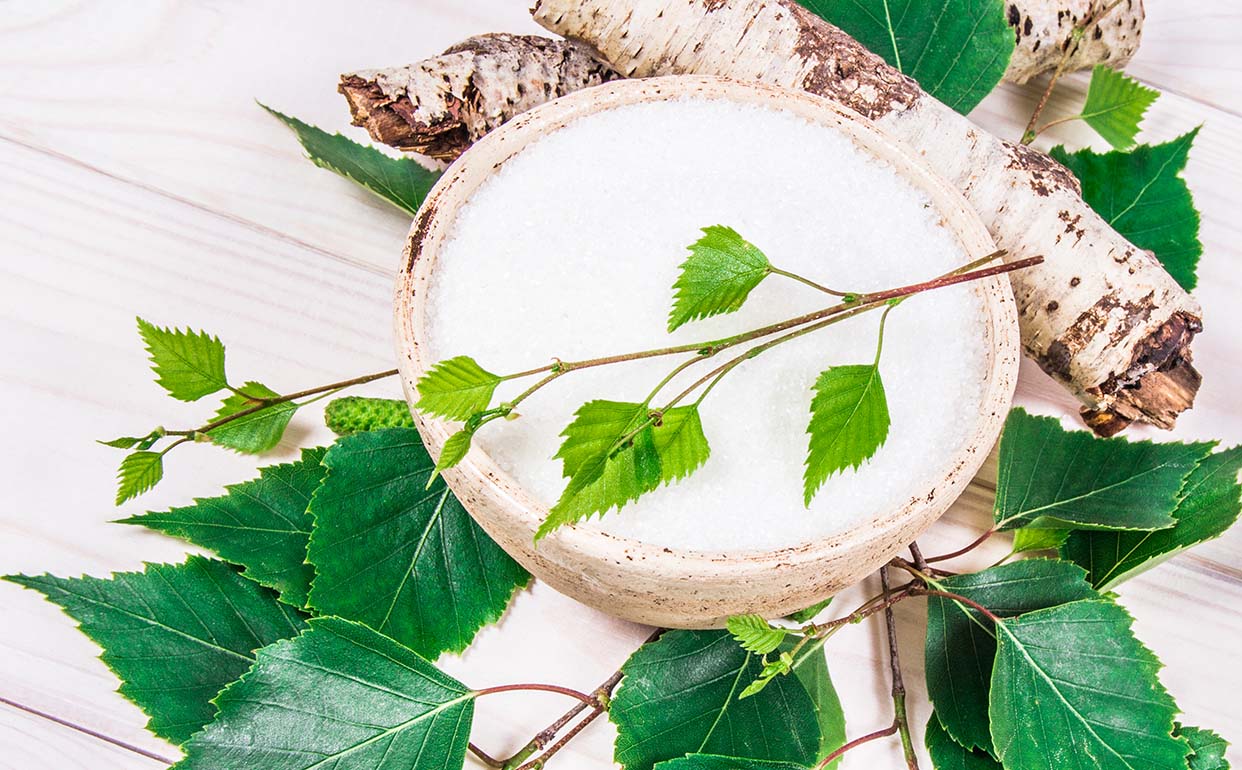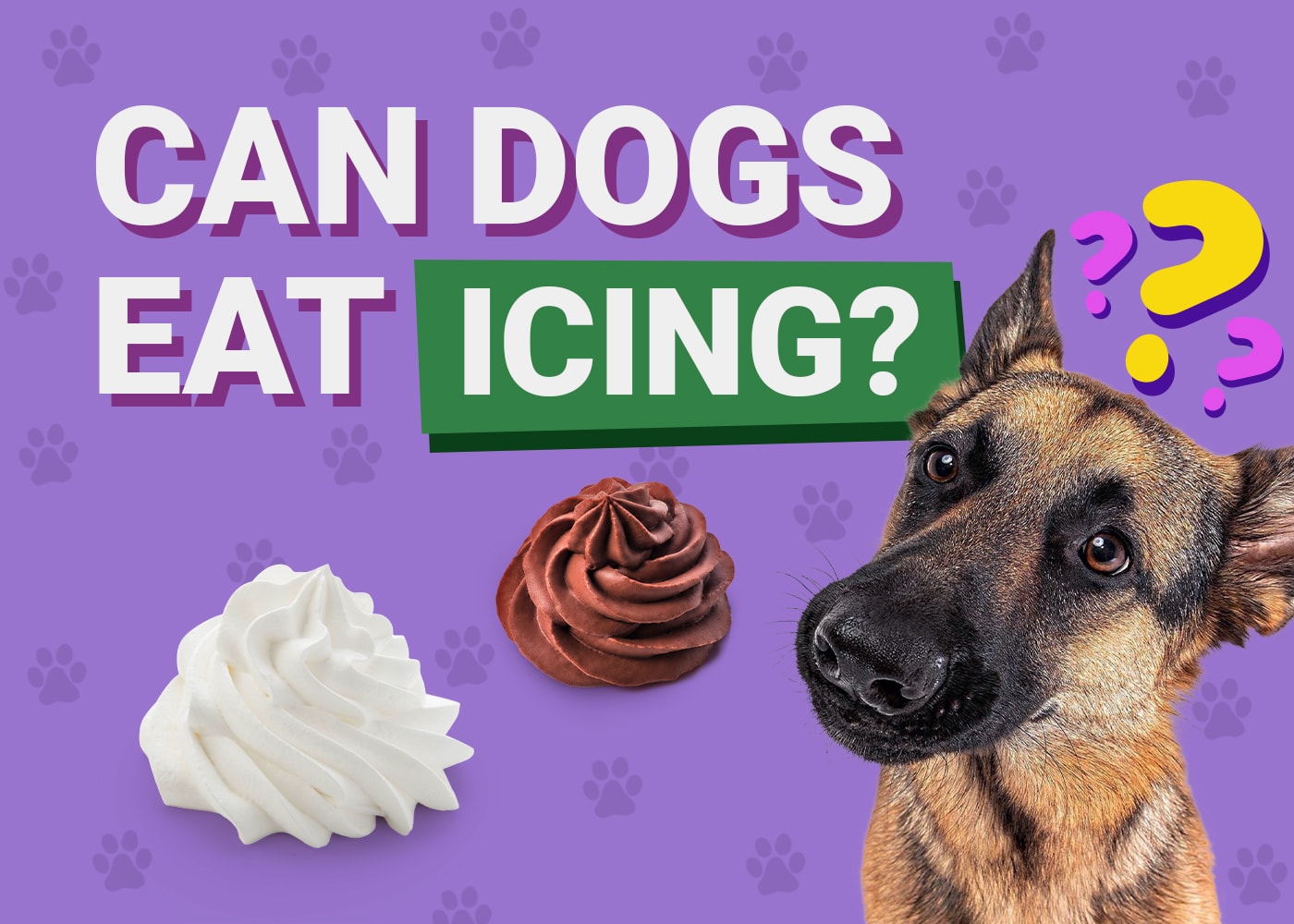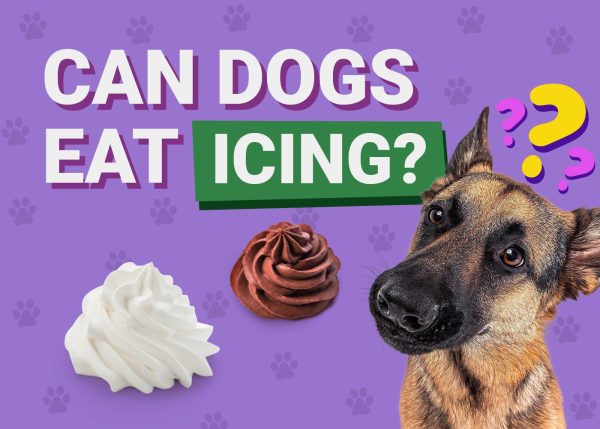Whether you are planning to make a cake to celebrate a milestone in your dog’s life, or you simply want to let your dog have a taste of icing, the sweet taste is guaranteed to catch their interest. Icing is popular on various cakes, biscuits, and sweet treats meant for human indulgence, but it has no place in your dog’s diet.
It may seem harmless to let your dog have a few licks of icing or use it on their doggy birthday cakes once a year, but with so many healthier and safer alternatives, you should avoid feeding it to your dog, and we will explain why.
Is Icing Safe for Dogs?
Icing made for human consumption is not healthy for dogs, and there is no guarantee that icing is safe for your canine companion. Whether you are making your homemade frosting or buying it from a store, you should avoid feeding it to your dog. However, a small amount of icing that doesn’t contain toxic ingredients for dogs won’t harm your dog.
Icing or other dessert frostings are extremely high in sugar, which is not good for your dog. Although your dog will not die if they eat a bit of icing, it is not good for them because it is extremely high in sugar.
Icing also contains milk, cream, and butter which can be difficult for your dog to digest, leading to an upset stomach and diarrhea. The combination of dairy and high sugar content can cause dogs to vomit if they consume too much, making it an unpleasant treat for them to eat even when fed in moderation.
Most store-bought icing will contain artificial ingredients and preservatives which have no benefit for your dog’s health. Instead, these processed ingredients can be harmful to your dog’s health, especially if it is fed often or in large quantities.
As facultative carnivores, dogs primarily eat animal-based meats, but they can eat an omnivorous diet. A healthy diet for dogs will have a limited number of processed foods made for human consumption.
Dogs do not need highly processed and sugary foods in their diet, and they should instead be fed a diet that consists of animal-based proteins, with a balance of vegetables, grains, or fruits depending on your dog’s breed and individual dietary needs.
Why Is Icing Bad for Dogs?

Aside from being high in sugar, there are several reasons why icing or other sweet frostings are not good for dogs:
- Chocolate icing contains cocoa powder, which is toxic to dogs. This is because cocoa powder contains theobromine, which dogs cannot metabolize properly.
- Certain icing may contain xylitol, an artificial sweetener that is highly toxic to dogs.
- The high amounts of sugar in icing can lead to dental problems in dogs, as the sugar acts as a food source for harmful bacteria that release enamel-eroding acids, thus leading to poor oral health over time.
- Sugar can contribute to weight gain and lead to obesity, which puts your dog at risk of other health conditions.
- The high sugar content can cause your dog to suffer from an upset stomach, and dogs who have consumed too much icing may experience vomiting or diarrhea. This is because sugar can disrupt your dog’s natural gut microbiome, making it difficult for them to digest the icing properly.
- The milk, cream, and other dairy products found in icing can cause gastrointestinal problems in dogs who are lactose intolerant.
Can Dogs Eat Sugar-Free Icing?
After discovering that the sugar content in icing is quite high, and not good for your dog, you might be wondering whether the sugar-free option is a better alternative.
Sugar-free icing will likely contain another type of sweetener or sugar substitute, such as xylitol, which is extremely dangerous for dogs. So, while sugar-free icing may seem like it’s healthier for your dog, it could be quite harmful to their health.
Xylitol and other substitute sweeteners like sucralose are not natural for dogs to eat and can be just as bad for your dog’s health as refined sugar.

Dog-Friendly Icing
Instead of using sugar-free icing made for humans, rather purchase, or make a dog-friendly icing that contains ingredients that are safe for your dog to eat. This way you will know what ingredients are in the icing and ensure that each ingredient is safe for your dog. Dog-friendly icing will usually contain little to no sugar, making it a healthier option for your dog.
If you are struggling to find a dog-friendly icing and you want to decorate a dog treat or cake for your dog (made with safe ingredients for dogs), then you can smear a thin layer of xylitol-free peanut butter onto it.
There are many easy recipes to follow that consist of simple ingredients to create your very own homemade icing for your dog. However, even though this type of icing will be safer to feed to dogs, it should still only be fed in moderation as a treat.
Conclusion
Icing or frostings created for human consumption is not healthy for your dog, but a small amount will not harm your dog unless it contains a harmful ingredient such as cocoa powder or xylitol. Sweet and sugary human foods are not good for dogs and should be excluded from your dogs’ diet. Instead, you can try safer alternatives such as dog-friendly icing or xylitol-free peanut butter.
Related Read:










